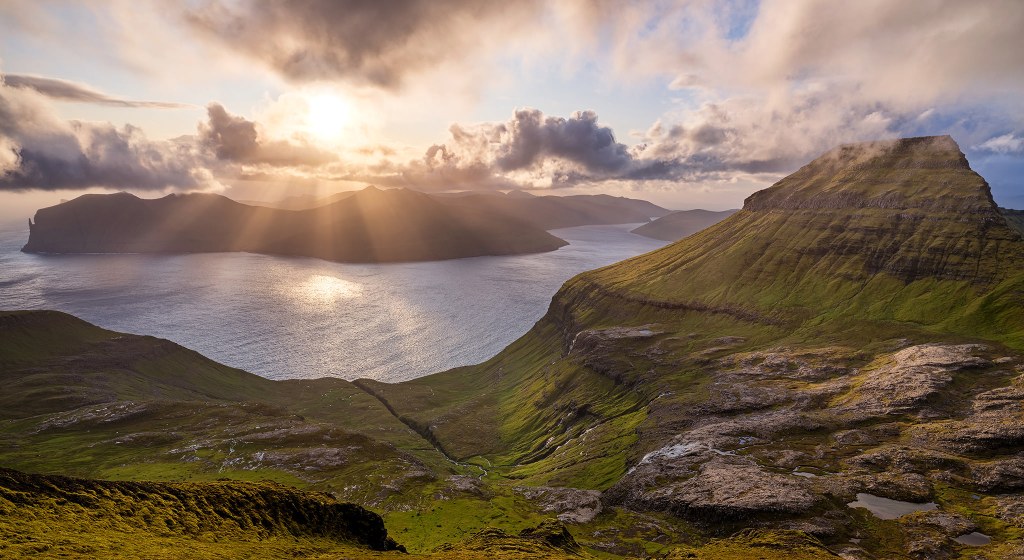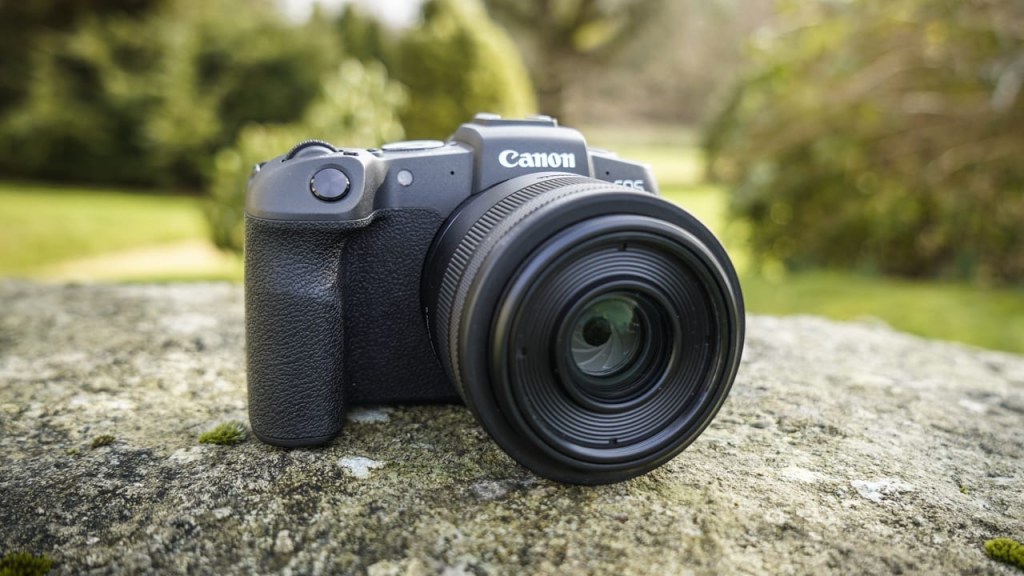Outdoor Photography Best Camera
Introduction
Hello, Readers! We hope you are having a great day. Today, we want to share some valuable insights with you about outdoor photography and the best cameras to use for capturing those stunning outdoor moments. In this article, we will take a deep dive into the world of outdoor photography and provide you with useful information on choosing the right camera for your outdoor adventures. So, let’s get started!
What is Outdoor Photography?
Outdoor photography is the art of capturing images in natural outdoor environments. It involves capturing landscapes, wildlife, nature, and other elements of the great outdoors. Outdoor photography allows photographers to explore and showcase the beauty of the world around us, creating breathtaking images that evoke emotions and inspire others.
Why is Outdoor Photography Popular?

Image Source: photographylife.com
Outdoor photography has gained immense popularity over the years due to its ability to connect people with nature and capture the essence of the natural world. It offers a refreshing escape from the hustle and bustle of everyday life, allowing photographers to immerse themselves in serene landscapes and capture moments that tell a story.
Who Can Benefit from Outdoor Photography?
Outdoor photography is not limited to professional photographers. Anyone with a passion for nature and a desire to capture its beauty can benefit from outdoor photography. It is a rewarding hobby that allows individuals to explore new places, develop their creativity, and share their vision of the world with others.
When is the Best Time for Outdoor Photography?
The best time for outdoor photography depends on the subject you want to capture and the desired lighting conditions. Generally, the golden hours of sunrise and sunset provide soft, warm light that enhances the beauty of landscapes and portraits. However, outdoor photography can be enjoyed at any time of the day, as each moment offers unique lighting and mood.
Where Can You Practice Outdoor Photography?

Image Source: smushcdn.com
Outdoor photography can be practiced anywhere in the world, as long as there is nature to explore and capture. From majestic mountains to tranquil beaches, from dense forests to open plains, the possibilities are endless. Whether you prefer to photograph local parks or embark on grand adventures to far-off destinations, there is always a place for outdoor photography.
Why Should You Invest in a Good Camera for Outdoor Photography?
A good camera is essential for outdoor photography to ensure that you capture the beauty of nature with the highest quality. It allows you to have more control over settings, such as exposure and focus, and provides the ability to capture fine details and vibrant colors. Investing in a good camera will elevate your outdoor photography experience and enable you to create stunning images that stand out.
How to Choose the Best Camera for Outdoor Photography?
Choosing the best camera for outdoor photography can be overwhelming with the wide range of options available. Consider factors such as image quality, sensor size, weather sealing, durability, and versatility. Additionally, think about your specific photography needs and preferences. Whether you prefer a compact camera for easy portability or a professional DSLR for ultimate control, choose a camera that aligns with your goals and budget.
The Best Cameras for Outdoor Photography
Now that we have discussed the importance of a good camera for outdoor photography, let’s explore some top camera options that can enhance your outdoor photography experience:
Camera Model
Key Features
Price Range
Nikon D850
45.7MP Full-frame Sensor, 4K UHD Video, Weather-Sealed Body
$2,999
Canon EOS 5D Mark IV
30.4MP Full-frame Sensor, 4K DCI Video, Dual Pixel CMOS AF
$2,499
Sony Alpha A7 III
24.2MP Full-frame Sensor, 4K HDR Video, 5-axis In-body Stabilization
$1,999
Fujifilm X-T4
26.1MP APS-C Sensor, 4K DCI Video, In-body Image Stabilization
$1,699
Olympus OM-D E-M1 Mark III
20.4MP Micro Four Thirds Sensor, 4K Video, 5-axis In-body Stabilization
$1,799
Advantages and Disadvantages of Outdoor Photography
Like any other form of photography, outdoor photography has its advantages and disadvantages. Let’s take a closer look at them:
Advantages of Outdoor Photography
1. Connection with Nature: Outdoor photography allows you to connect with nature and appreciate its beauty.
2. Creative Expression: It provides a platform for creative expression, enabling you to capture unique perspectives and tell stories through your images.
3. Exploration and Adventure: Outdoor photography takes you on exciting adventures as you explore new places and seek out captivating scenes.
4. Health Benefits: Spending time outdoors for photography can have positive effects on your physical and mental well-being.
5. Sharing and Inspiring: By sharing your outdoor photographs, you can inspire others to appreciate and protect the natural world.
Disadvantages of Outdoor Photography
1. Weather Conditions: Outdoor photography is susceptible to unpredictable weather conditions, which can sometimes be challenging to work with.
2. Equipment and Safety: Carrying camera gear and navigating rugged terrains require careful planning and consideration for safety.
3. Light Limitations: Depending on the time of day and weather, outdoor lighting conditions may not always be ideal for photography.
4. Patience and Persistence: Capturing the perfect outdoor shot often requires patience and persistence, as nature doesn’t always cooperate.
5. Environmental Impact: It is essential to practice responsible outdoor photography to minimize the impact on fragile ecosystems and wildlife habitats.
Frequently Asked Questions (FAQ)
1. Q: What type of camera is best for beginners in outdoor photography?
A: For beginners, a mirrorless camera or an entry-level DSLR with versatile features is a good choice. Look for models that offer ease of use and helpful shooting modes.
2. Q: Can I use a smartphone for outdoor photography?
A: Yes, smartphones can be used for outdoor photography, especially with the advancements in camera technology. However, dedicated cameras offer better image quality and more control over settings.
3. Q: What lenses are recommended for outdoor photography?
A: Wide-angle lenses are popular for capturing expansive landscapes, while telephoto lenses are great for wildlife photography. A versatile zoom lens can cover a wide range of focal lengths, making it suitable for various outdoor photography genres.
4. Q: How do I protect my camera from the elements during outdoor photography?
A: Consider using a weather-sealed camera body and lens or invest in protective camera covers. Additionally, carry a microfiber cloth to wipe away any moisture or dirt that may come into contact with your camera.
5. Q: Are there any special techniques for capturing outdoor portraits?
A: When capturing outdoor portraits, pay attention to lighting, composition, and background. Utilize natural light to enhance the subject’s features and choose a background that complements the overall mood of the portrait.
Conclusion
In conclusion, outdoor photography is a captivating art form that allows us to appreciate and preserve the beauty of the natural world. By choosing the right camera and immersing ourselves in outdoor adventures, we can capture mesmerizing moments that tell stories and inspire others. Remember to practice responsible outdoor photography and always respect the environment. So, grab your camera and embark on a journey to capture the wonders of the great outdoors!
Final Remarks
Outdoor photography is a rewarding and fulfilling pursuit that enables us to explore the world around us and capture its essence through the lens of a camera. However, it is crucial to remember that outdoor environments are delicate and need to be treated with care. Always follow ethical practices, respect wildlife and their habitats, and leave no trace behind. Let’s preserve the beauty of nature for generations to come.